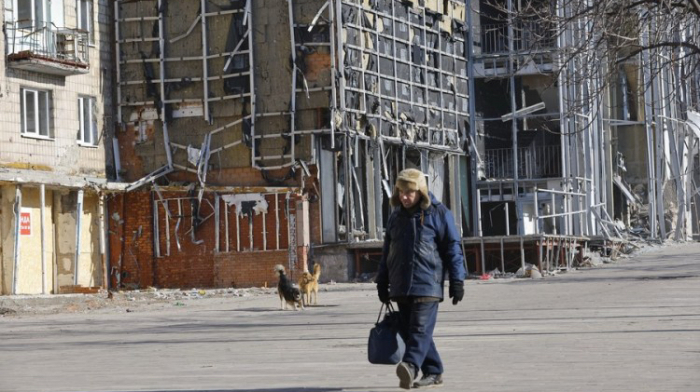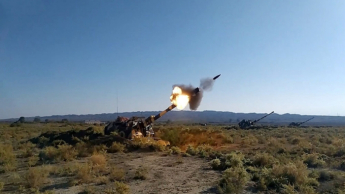Russian-Ukrainian conflict: Consequences and what will happen next?

|

A year has passed since the beginning of the conflict in Ukraine. Much has happened in the world this year and much has changed. And these changes are likely to be irreversible.
NATO expands its borders
The conflict had a major impact on geopolitical conditions. The consolidation of Western civilization is taking place. We see that the disputes between the U.S. and the EU have largely ceased. They are acting with a unified position. Let's start with how it opened has emboldened the strengthening and potential expansion of NATO. Sweden and Finland declared their wish to join the alliance, despite having adhered to neutrality earlier. Moldova, which is moving towards the West, also seeks rapprochement with NATO.
On the other hand, European countries have become even more dependent on the United States. The Europeans now want to modernize their armies. Hence, a real arms race has begun, which has not been observed in Europe since the Cold War.
The armed forces of not only the member countries of the alliance will be modernized according to the model of NATO. The NATO defense ministers agreed to increase support for Bosnia and Herzegovina, Georgia and Moldova to boost their defense capabilities, as NATO Secretary General Jens Stoltenberg said.
NATO and U.S. are also re-equipping and modernizing the armies of countries of the post-Soviet space neighboring Russia.
Humanitarian and economic consequences
Additionally, there's an even larger migration crisis, which forced several million citizens of Ukraine to leave their country. And food shortage was caused by a breakdown of traditional logistical ties.
After the conflict began in Ukraine, many European countries refused to accept Russian gas imports, which provoked an energy crisis in Europe. Nonetheless, the U.S. has wanted Europeans to be less reliant on Russia gas, such as hatching plans to drive Russian gas out of European markets. The war in Ukraine provided the Americans with a golden opportunity. In his article, the well-known American investigative journalist Seymour Hersh wrote that the blowing up of the Nord Stream gas pipelines was the result of a covert operation by the U.S. Navy and Norwegian military.
Today we see that European markets are rapidly filling up with American liquefied gas. Last June, for the first time, the EU imported more liquefied natural gas from the U.S. than pipeline gas from Russia, according to the International Energy Agency (IEA). In November, the State Department indicated that U.S. companies supply Europe with an estimated 70 percent of all their exports of liquefied natural gas.
What will happen next?
It's very difficult to answer. The Russian media are reporting successes, and in the West, they are drafting plans to deliver new batches of weapons to Ukraine.
There's also a danger that the conflict will become protracted. It's likely that such types of weapons will be used that could not be used before. To see what the situation will be, we must wait until spring. It's assumed that the key periods will be the end of February, March and April. Much will depend on how the conflict develops then. The main factor here is which side will get the military advantage.
The influence of the conflict in Ukraine is critical – a global geopolitical reorganization of the world, a change in the geopolitical order. Given the geopolitical goals, there's a risk that this conflict could transform into a new world war. And what's even more dangerous is that this conflict can spread to other regions when the same participants are launching hostilities elsewhere. And if nothing is done, the current conflict could grow in scale.
Accordingly, we can conclude that the Russia-Ukraine conflict will drag on. Apparently, Russia declared invalid the decree of 2012 on measures to implement the foreign policy, which indicates that Russia will have a new foreign policy course. The country will reorient its resources to the East.
The author is the director of the international expert club EurAsiaAz and editor-in-chief of Azerbaijan news agency Baku Tribune.
The original version of the article was published on CGTN .
(If you want to contribute and have specific expertise, please contact us at [email protected])
The Rocket and Artillery formations of the Azerbaijan Army conduct live-fire exercises in accordance with the combat training plan for 2021, the Ministry of Defense of Azerbaijan told Baku Tribune.
LAST NEWS





.jpg&h=67&w=67&zc=1&q=100)













